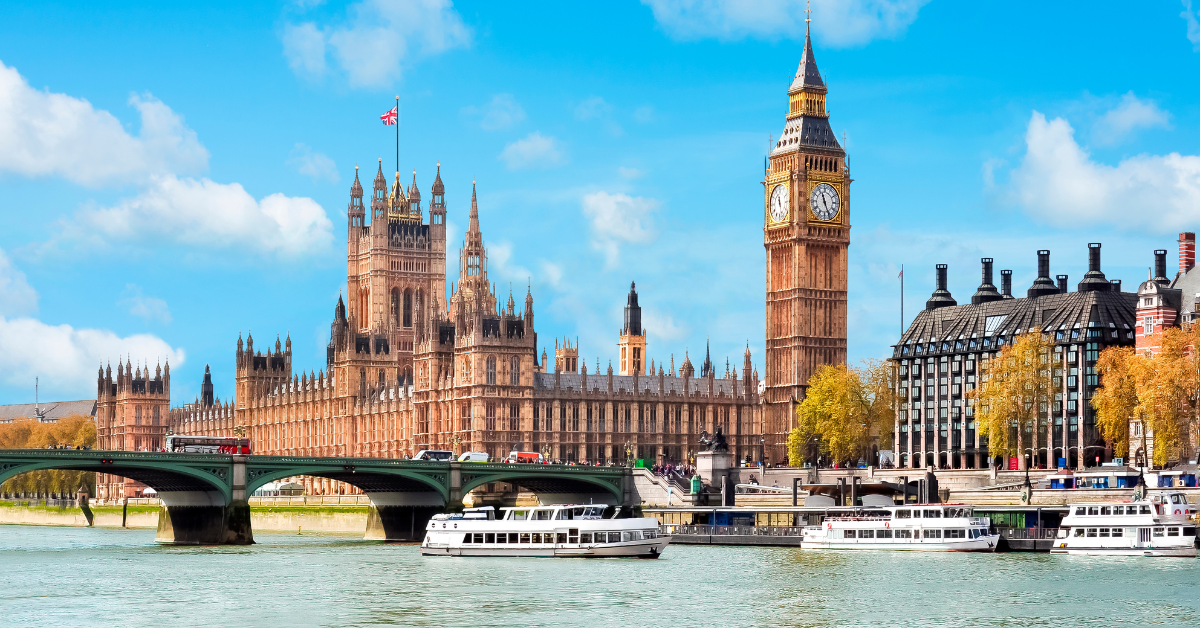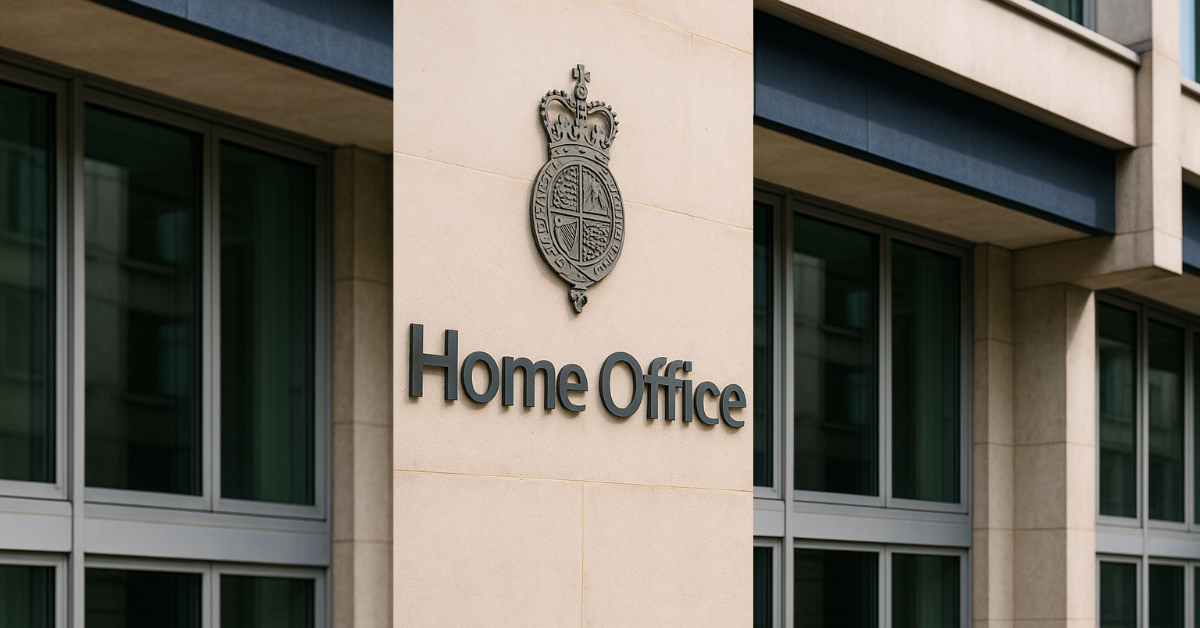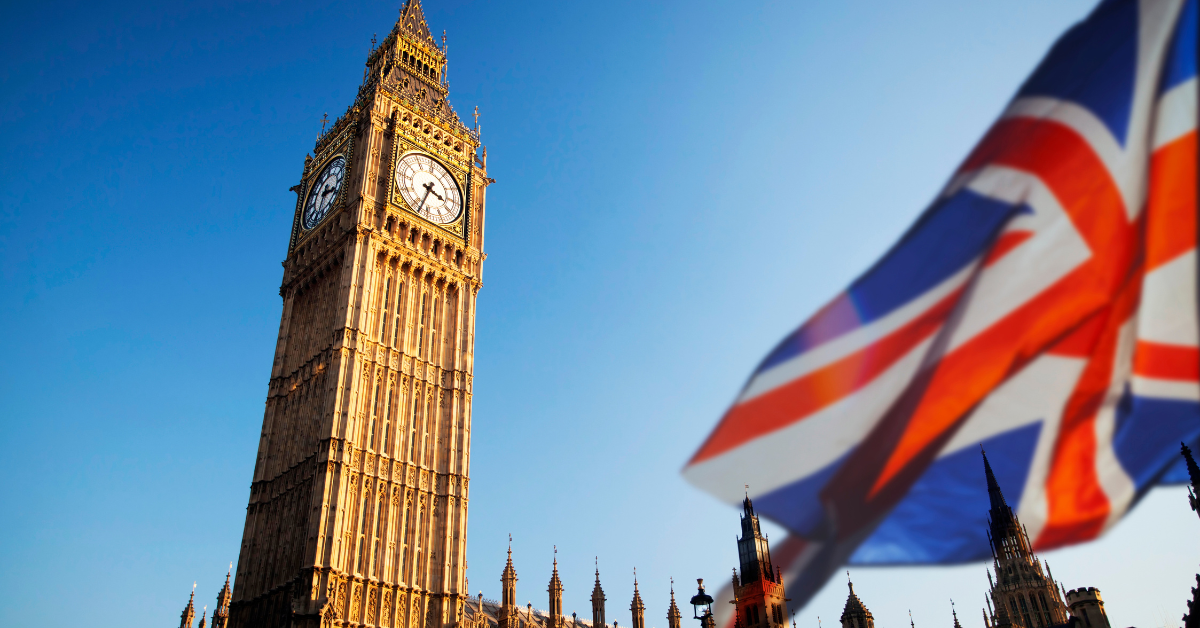
Defending your family and private life; defending Mr Justice Blake
In 2012, a decision by Mr Justice Blake, President of the Upper Tribunal Immigration and Asylum Chamber came under fire by the media.
Paragon Law
A recent article in Telegraph dated 15 April 2012 criticised a “landmark” decision of the Upper Tribunal. Mr Justice Blake, President of the Upper Tribunal Immigration and Asylum Chamber came in for particular rebuke. However, the article represented yet again a hyperbolic, unbalanced portrayal of human rights.
The decision related to the case of a Pakistani national whose deportation appeal had been allowed by the First-tier Tribunal. The Home Office sought to appeal to the Upper Tribunal.
It should be noted that the decision was not made by solely Mr Justice Blake, but by a panel of two, comprising also of another senior judge, Senior Immigration Judge Freeman. The timing of the Telegraph article on 15 April 2012 was also odd given that the “landmark” decision had in fact been promulgated on 6 January 2012 and reported on the Justice website on 7 February 2012.
The charge that Mr Justice Blake stood accused of was that ‘his’ decision “reinforces the rights of immigrants who commit serious crimes to avoid deportation.”
The decision itself did no such thing and there is a danger that biased reporting of the press of what was in fact a balanced and well reasoned decision of the Upper Tribunal undermines confidence in the judicial process and misinforms readers. In commenting with judicial decisions, the press must fully engage with all reasons of the Upper Tribunal. For example, there was focus on the previous crimes committed by the “foreign criminal”, Shabaz Masih, but no mention of the fact that it appeared that the Home Office failed to make a decision on his and his family’s asylum claim for some six years. Mr Masih and his family were granted indefinite leave to remain under a Home Office concession relating to families at that time in 2004. Mr Masih had ultimately resided in the UK since 1998 having entered as a 10 year old.
Reference was made to the fact that a probation officer at the time of Mr Masih’s sentencing said: “he presented a high risk of reoffending and a medium risk to the public.” Again reference only to this fact misrepresented the decision of the Upper Tribunal (and indeed the decision of the First-tier Tribunal which was being appealed by the Home Office) and serves only to ratchet up vitriol in a tense national debate. The Upper Tribunal relied on the reasoning of the First-tier Tribunal which referred to the probation officer’s report was two years old with no indication that it was still valid. Lip service was paid in the article to the fact that Mr Masih had “put crime ... behind him” and had been free of drugs since being released.” Instead reference was made to a previous decision of Sir Nicholas Blake as evidence of seemingly widespread ‘abuse’ of the right to a family and private life (as protected by Article 8 of the European Convention on Human Rights).
The disappointing reality of the article was that it failed to understand the law governing family and private life and also failed to understand what the role of the Upper Tribunal was in this case. The Upper Tribunal, far from making new law, was setting a checklist of factors that judges ought to consider in deportation cases. Where a foreign national commits a crime, there will be competing interests that will need to be weighed up. The tone and implication of the Telegraph article is that the Upper Tribunal failed to appreciate a serious crime had been committed or that there was a public interest in removing foreign nationals convicted of serious offences. Yet, the first three points of the Upper Tribunal’s guidance states:
-
"In a case of automatic deportation, full account must be taken of the strong public interest in removing foreign citizens convicted of serious offences, which lies not only in the prevention of further offences on the part of the individual concerned, but in deterring others from committing them in the first place;
-
Deportation of foreign criminals expresses society’s condemnation of serious criminal activity and promotes public confidence in the treatment of foreign citizens who have committed them;
-
The starting-point for assessing the facts of the offence of which an individual has been committed, and their effect on others, and on the public as a whole, must be the view taken by the sentencing judge.”
The Upper Tribunal were not therefore operating in a vacuum when they considered Mr Masih’s family and private life; they first considered the points above. However, all the Upper Tribunal was pointing out was that the committal of a crime does not prevent a person effecting their rights. Consideration was given to a number of facts relating to family and private life in Mr Masih’s favour: he was drug free, he had remained in the UK for a long period of time, he had family in the UK and a long sentence can have a rehabilitative effect on young offenders. The key issue, however, was that the First-tier Tribunal and the Upper Tribunal both had evidence of Mr Masih’s progress to the extent that it would be disproportionate to remove him, notwithstanding the previous offence.
The press as a whole are prone to ignoring the precise nature of the balancing exercise engaged by both the First-tier and Upper Tribunals. Instead, they engage in an all or nothing stance which dangerously infringes upon fundamental rights. Further, the reporting of the case is done in a way that indicates that the damage has been done by Mr Justice Blake. However, the guidance is just that; there is no extension of the right to family and private life or the case law governing this area. The guidance sets out factors to consider in difficult cases, but the ultimate outcome will be decided on the facts and the evidence. Indeed, the Upper Tribunal warned Mr Masih that should he be convicted of crimes in the future, any balancing exercise conducted in future deportation proceedings might not bring about the same result.
Whilst the reporting of the article was not timely, the case, perhaps, is. It is a good reminder to those seeking to realise their right to a family and private life, generally and not only deportation cases, about the need for evidence to bolster relevant submissions. It is also a good reminder that in the face of constant criticism from a hostile press, key rights need defending as do those who seek to uphold those rights.
Speak to an immigration advisor
If you would like to speak to an immigration advisor about matters of UK immigration, then please get in touch.
Subscribe for updates

Nationality and Borders Bill
Not ready to talk? Our free immigration resources may have the answer to your questions

Global Talent Visa: Eligibility, Requirements and Application Process

Border Security, Asylum and Immigration Act 2025 – What Employers Need to Know
.png)
UK Immigration Rule Changes 2025: Visa and Settlement Reforms Explained
%20What%20Sponsors%20Need%20to%20Know%20(1).png)
Upcoming Increase to the Immigration Skills Charge (ISC): What Sponsors Need to Know

Home Affairs Committee Launches Call for Evidence on Settlement Reforms

UK Immigration Rules 2025–2027: Key Visa & Policy Changes Explained

UK Immigration White Paper 2025: Visa & Settlement Rule Changes Explained

Home Secretary on UK Immigration: Settlement Rules & Border Control
.png)


